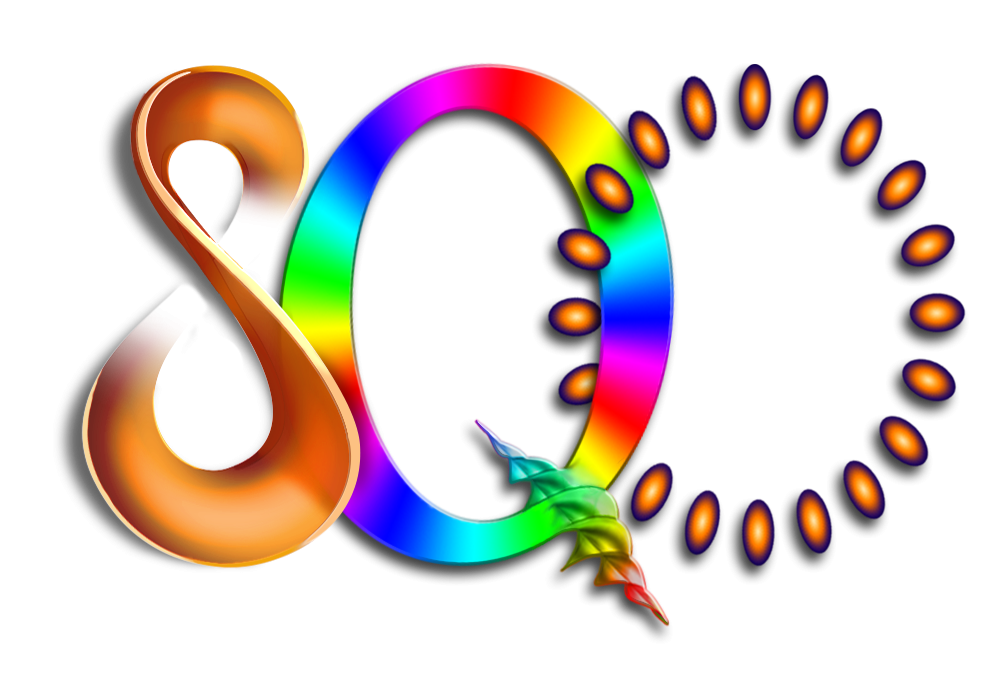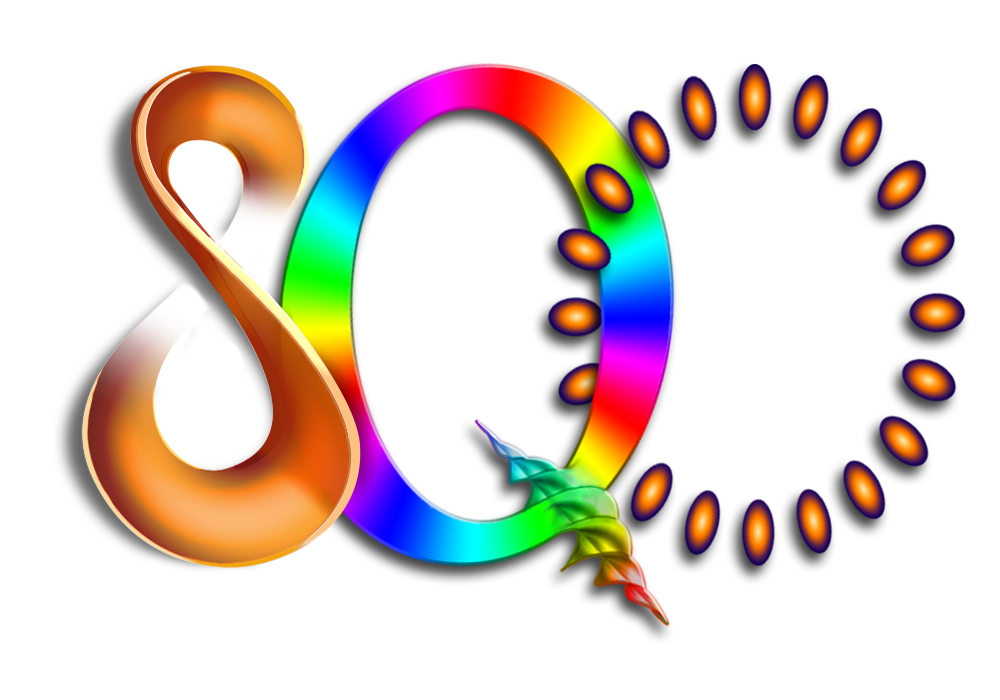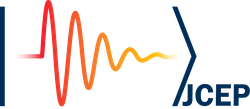PHY3320

PHY3320 students in 2019.
Electromagnetic Theory (PHY3320 – Undergraduate Course)
The course motivation
Formulation of the electromagnetism theory is an essential key to our understanding of nature, such as classical optics, microwaves and electric circuits. Both electric and magnetic forces were discovered millennia ago prior to being formulated by Coulomb and Bio-Savart. However, Maxwell showed that electric and magnetic fields are both generated and altered by each other. This revolutionary discovery led to a novel and unique branch of physics, named electrodynamics. Maxwell’s finding was the basis for understanding the theory of electromagnetic radiation, and innovation communications systems.
This course is suitable for the third-year undergraduate students in physics who are familiar with the advanced calculus, special functions and the electrostatics. Electrodynamics (electromagnetism), in the current form, has been developed during the last 200 years, and thus, it is impossible to learn all these developments historically. Thus, the following contents are chosen selectively for your undergraduate programme by the faculty and your school. During this course, the students will learn the following concepts;
- Maxwell’s equations
- Boundary conditions
- Conservation laws (charge, energy, momentum, and angular momentum) in electrodynamics
- Electromagnetic waves
- Reflection, refraction and propagation of waves in different materials
- Scalar and vector potentials as well as electromagnetic gauges
- Electromagnetic radiations
- Relativistic electrodynamics and covariant formulation of classical electromagnetism.
This course excels students’ mathematical skills and helps them to understand electromagnetism deeply.
Main Textbook
The course will be based on Introduction to Electrodynamics (4th Edition) by David J. Griffiths. Chapters 7 (section 7.3) to 12 of the book will be covered during this course.
Class Meeting Time
The lectures will be held each Wednesday from 17:00 to 18:50 in 800 King Edward (STE), F0126, and Friday 10:00 to 11:30 in 125 University -(MNT), 207.
Grading
The course grade will be determined based on (1) assignments and activities during lectures (15%), (2) midterm examinations (30%), and (3) final examination (55%). Note that in addition to the standard grading there will be an optional (5%) assigned to pre-lecture pop quizzes.
Letter grades submitted to Faculty:
| 90-100 | 85-89.99 | 80-84.99 | 75-79.99 | 70-74.99 | 66-69.99 | 60-64.99 | 55-59.99 | 50-54.99 | 40-49.99 | 0-39.99 |
| A+ | A | A– | B+ | B | C+ | C | D+ | D | E | F |
Midterms
There are two midterm examinations for this course; one will be taken at 17:00-19:00 of the Wednesday, February 6th, and the second one will be taken at 17:00-19:00 of the Wednesday, March 20th. Students are not allowed to use books, notes, and calculator for all exams associated with this course. The midterm with a lower score will be worth 10% of the course grade.
- Midterm -1 (6th of February 2019) [SOLUTION].
- Midterm -2 (20th of March 2019) [SOLUTION].
- Final Exam (17th of April) [SOLUTION].
Assignments
There will 10 bi-weekly assignments, which will be available below in a PDF format (the link will be activated two weeks before the deadline). The assignment sheets have to be printed out and filled. The completed assignments will have to be returned to the drop-off box in the STEM building (3rd floor) by 18:00 of the date specified below. Each assignment is comprised of 4 to 5 problems of equal value, which the total point value for all assignments will be announced and converted to 15 % at the end.
- Homework -1 (deadline 15th of January 2019) [HWI, SOLUTIONI].
- Homework -2 (deadline 22nd of January 2019) [HWII, SOLUTIONII].
- Homework -3 (deadline 5th of February 2019) [HWIII, SOLUTIONIII].
- Homework -4 (deadline 12th of March 2019) [HWIV, SOLUTIONIV].
- Homework -5 (deadline 29nd of March 2019) [HWV, SOLUTIONV].
- Homework -6 (deadline 12th of April 2019) [HWVI, SOLUTIONVI].
Lecture Notes
Pop quiz
There will be pre-lecture pop quizzes with a marking weight given above – Pop quizzes and their answers will be available a week after each quiz and can be downloaded via the following links:
- Quiz -1 [QI].
- Quiz -2 [QII].
- Quiz -3 [QIII].
- Quiz -4 [QIV].
- Quiz -5 [QV].
Important Notes
What is academic fraud?
Academic fraud is defined as “any act by a student that may result in a distorted academic evaluation of that student or of another student.” Academic fraud occurs if you do any of the following:
- Plagiarize (copy) or cheat in any way (for more information on plagiarism and how you can avoid it, see the academic fraud section in the student guides).
- Submit work you have not completely written yourself (with the exception of quotations and references). This can include an assignment, an essay, a test, an exam, a research report or a thesis, whether you present your work in writing, orally or in another form.
- Present research data that has been falsified or made up in any way.
- Attribute a statement of fact or reference to a made-up source.
- Submit the same work or a large part of the same work in more than one course, or a thesis or other work that has been presented elsewhere without the prior approval of the appropriate professors or academic units.
- Falsify or misrepresent an academic evaluation, using a forged or altered supporting document or facilitating the use of such a document.
- Undertake any other action for the purpose of falsifying an academic evaluation.
Missed Midterm
The only valid reasons for missing the midterms are:
- Sickness confirmed by the note from a physician(s). The note has to be dated on the date of the test or before it, and has to clearly indicate that student was sick on the date of the test.
- Serious injury and/or hospitalization – the note from the hospital will be needed.
- Representing university as an athlete, scholar or researcher.
If you missed the midterm examination(s), please contact me as soon as you are back in school. I would prefer to see you in person – visit me with the original doctor’s note at my office ARC463 (during office hours or by appointment).
- I will need to have Xerox-copy of the doctor’s note, stapled to the brief letter explaining your situation.
- Your name, student number, date of the test etc. should be stated clearly in your letter.
- I will decide on the form of the supplementary evaluation after all of the students who missed the test have contacted me.
Your make-up midterm test will happen at the end of the semester-last week of classes.
It is student’s responsibility to attend supplementary midterm:
I will announce the time date and place during the lecture within last week of classes as well as on the class website.






